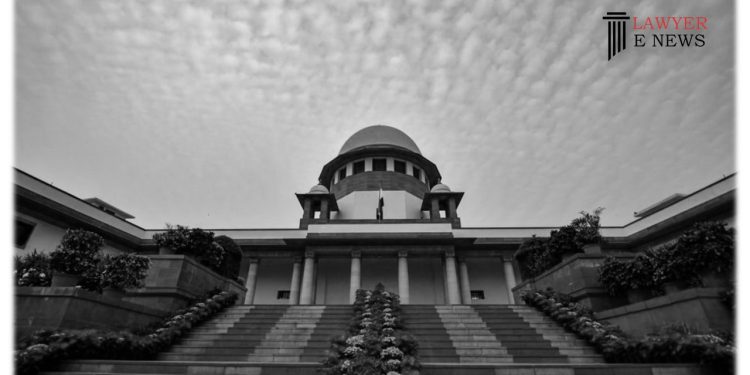-
by Admin
16 February 2026 1:47 PM



In a significant ruling, the Supreme Court of India acquitted the accused in a murder case due to serious flaws in the Test Identification Parade (TIP) and the apparent manipulation of evidence by the investigating agency. The Court observed that doubts regarding the presence of eyewitnesses at the scene, lack of specific details, and discrepancies in the TIP raised concerns about the reliability of the prosecution's case.
The case involved Stalin, also known as Satalin Samuvel, and several others who were convicted by the trial court for various offenses, including murder, under the Indian Penal Code. The High Court had upheld their convictions. However, the Supreme Court, comprising Justices B.R. Gavai and Vikram Nath, overturned the lower court's decision and acquitted the appellants.
The Court noted that the prosecution heavily relied on the testimony of three eyewitnesses who claimed to have witnessed the crime. However, doubts were cast on their presence at the scene based on their own admissions during cross-examination. The eyewitnesses admitted that they were shown photographs of the accused at the police station and did not provide specific details about the appearance or clothing of the accused.
Furthermore, the Court highlighted serious irregularities in the TIP conducted in the case. The testimony of the magistrate who conducted the TIP revealed objections raised by the accused and the use of photographs and videos, which were contested by the accused. The Court held that such a flawed TIP, lacking proper adherence to prescribed procedures, could not serve as a valid piece of evidence.
Moreover, the investigating agency was accused of manipulating evidence against the accused. The Court referred to the High Court's observations, which indicated that witnesses had been coerced and tortured to provide statements against the accused. This raised serious doubts about the fairness of the investigation and the reliability of the evidence presented by the prosecution.
Based on these factors, the Supreme Court held that the prosecution failed to prove the case beyond reasonable doubt. The Court emphasized that the accused were entitled to the benefit of doubt, given the flawed TIP and manipulation of evidence. Consequently, the Court quashed the convictions and sentences imposed by the trial court, acquitting the appellants.
This judgment serves as a reminder of the importance of conducting fair and accurate identification procedures and maintaining the integrity of the evidence-gathering process. It underscores the significance of the prosecution's burden to prove guilt beyond reasonable doubt and the potential consequences of flawed investigations and manipulation of evidence.
The ruling in this case has significant implications for future criminal trials and highlights the need for thorough adherence to legal procedures and the fair administration of justice.
Date of Decision: January 18, 2023
STALIN @ SATALIN SAMUVEL vs STATE REPRESENTED BY THE INSPECTOR OF POLICE
